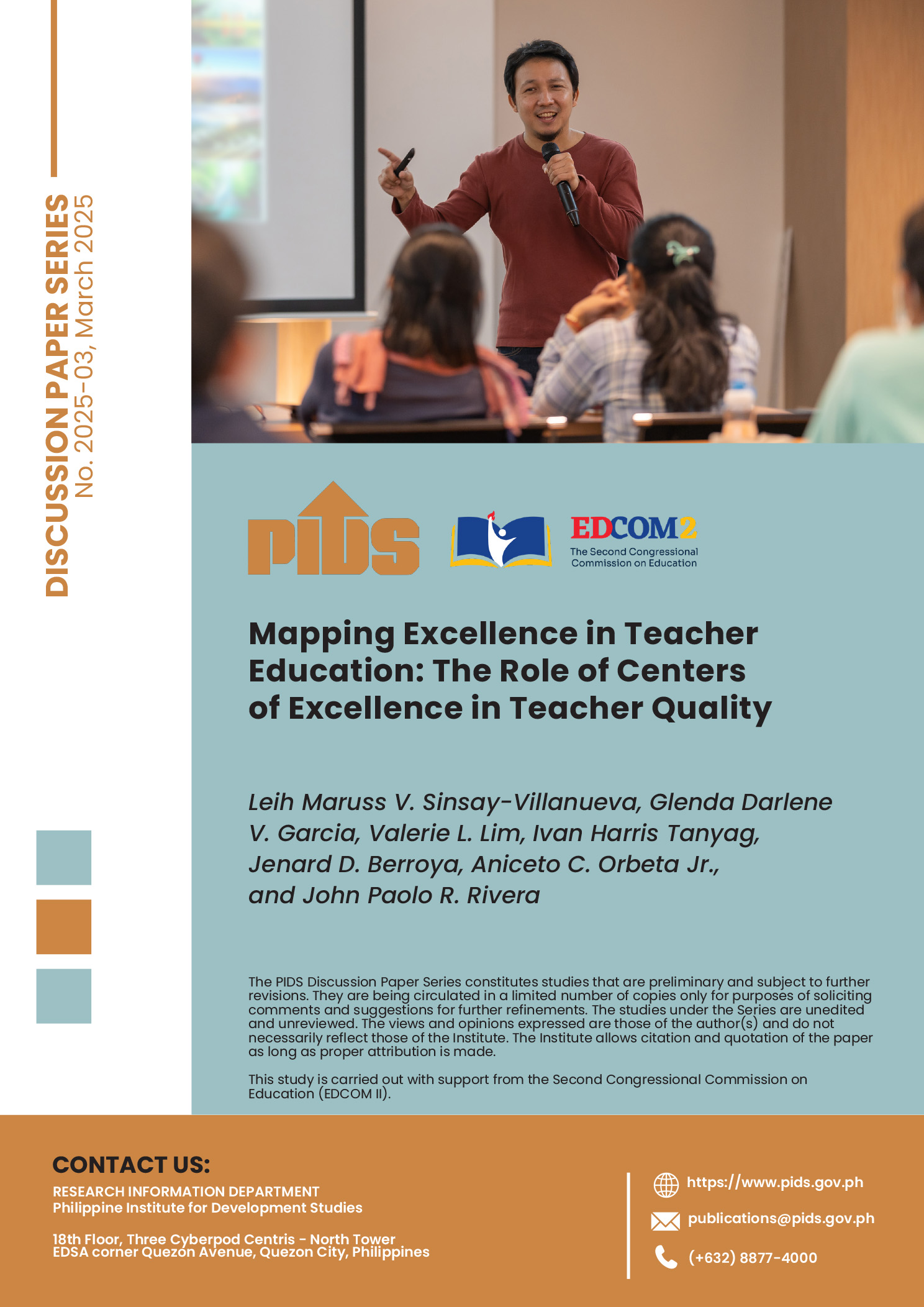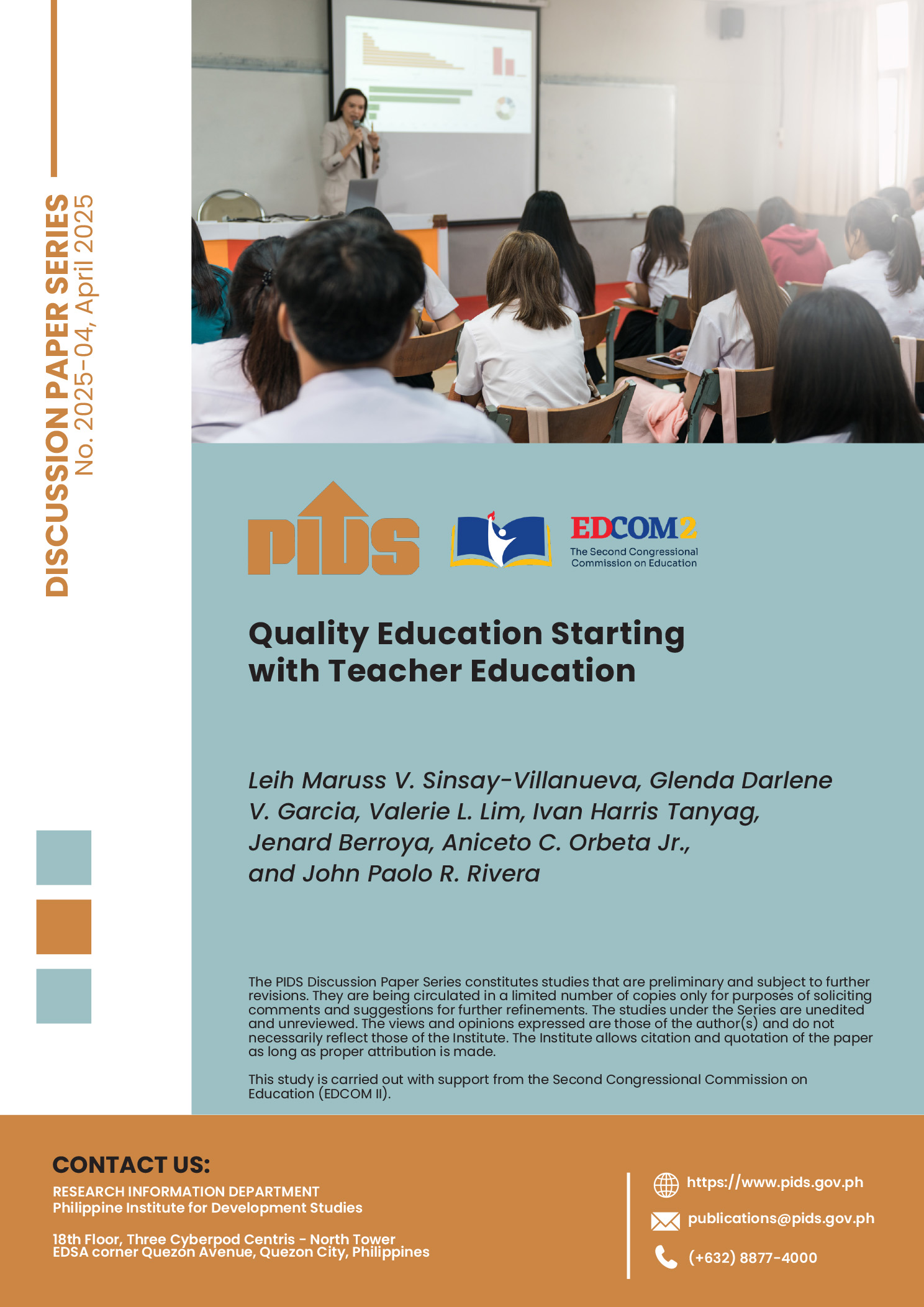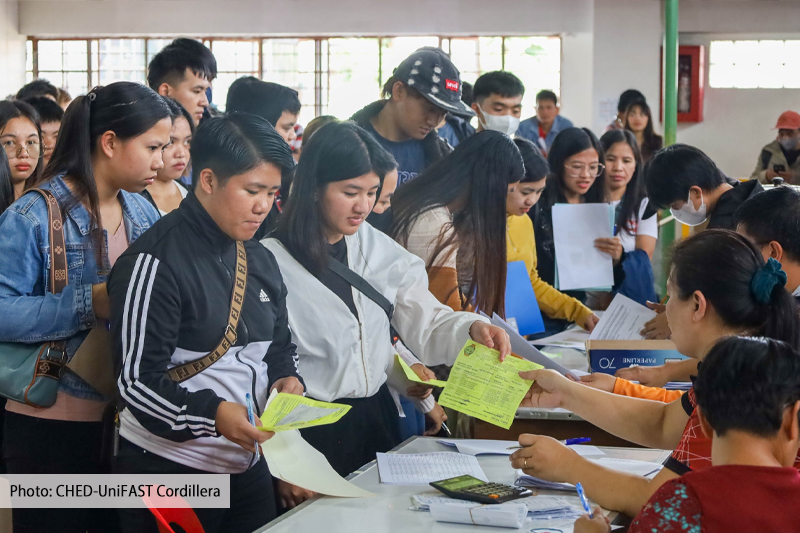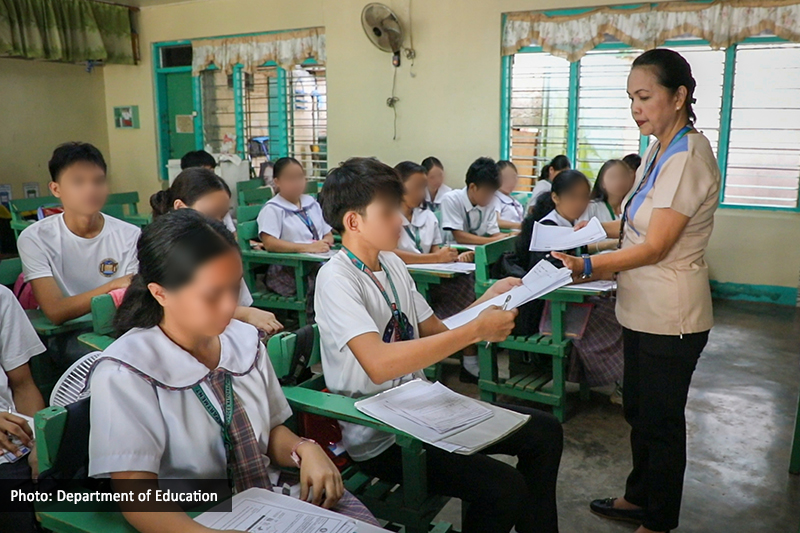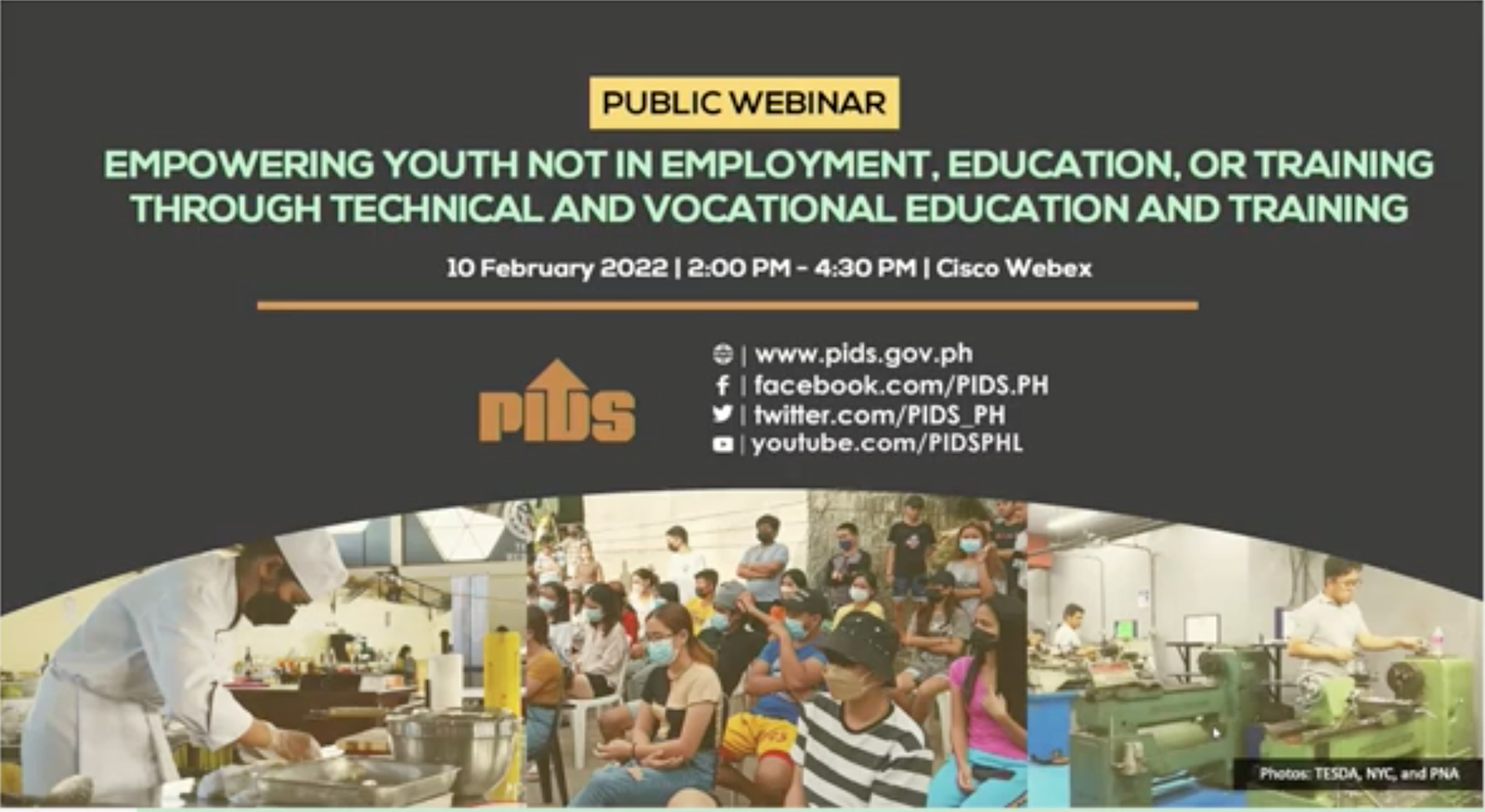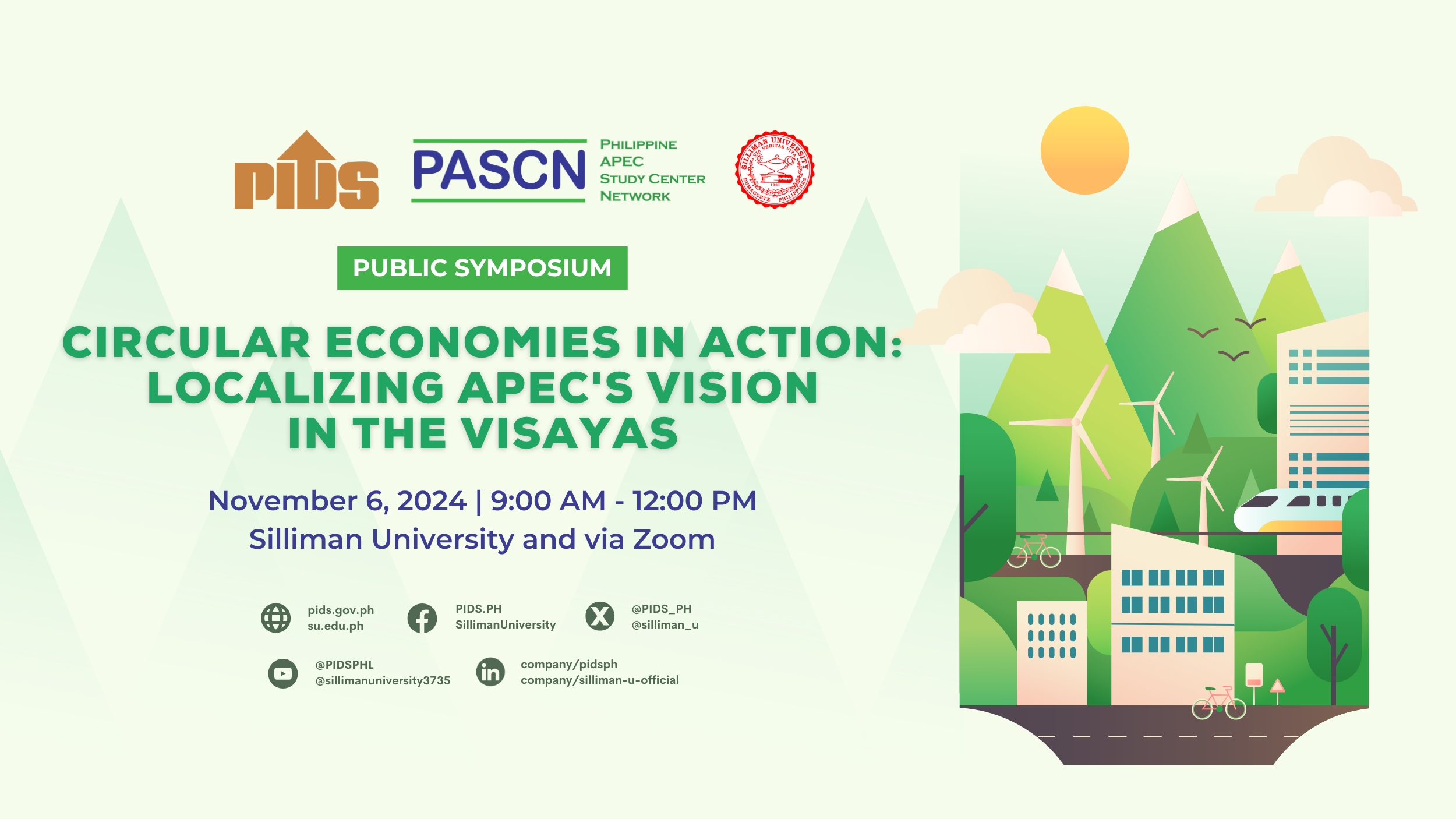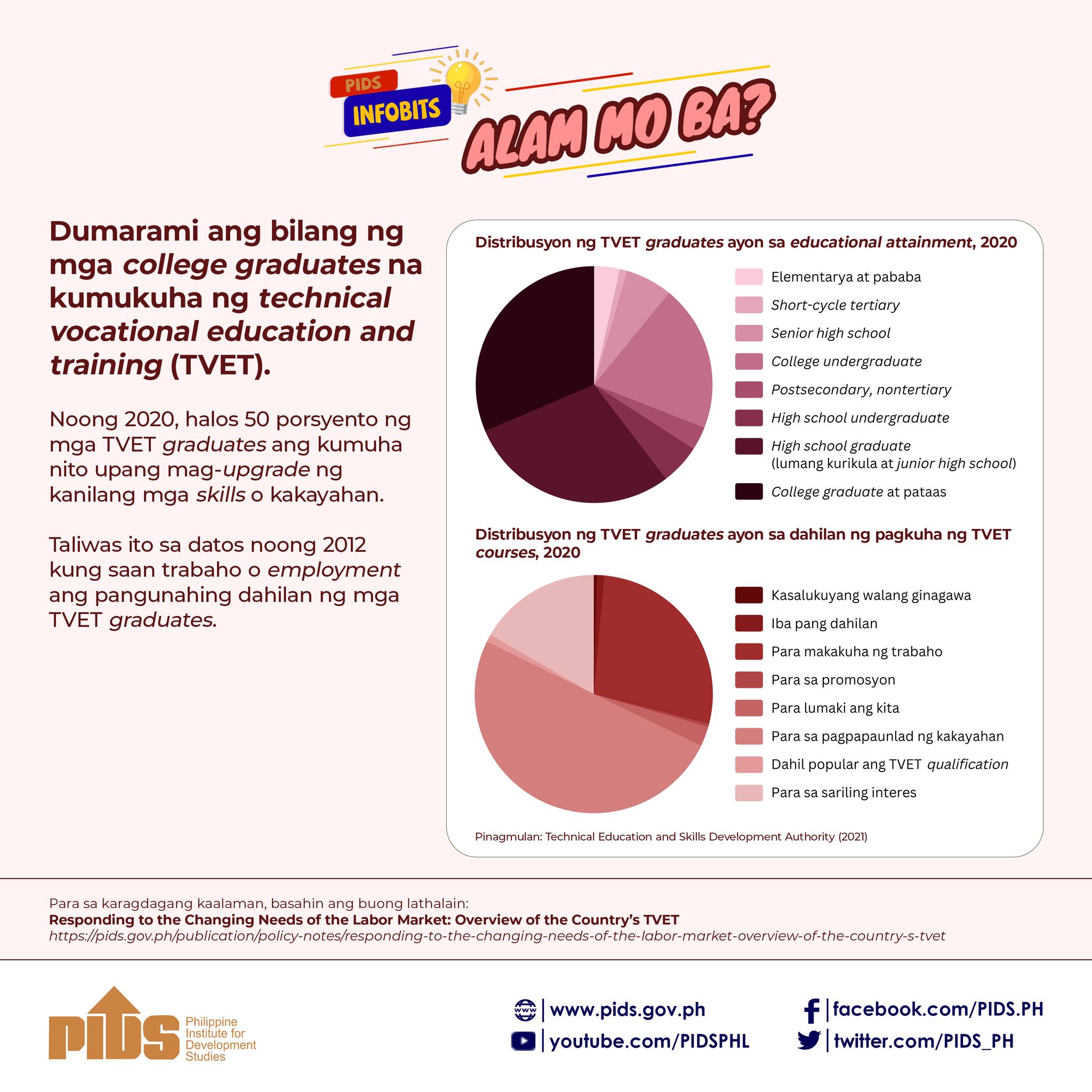“What we are learning from our consultations is that…for six months of training, a graduate of TVET could get as much as a minimum wage, which is what a usual college graduate would get”. This is what EDCOM 2 Executive Director Dr. Karol Mark Yee emphasized in his address during the consultation activity focused on the Technical-Vocational Education and Training (TVET) Subcommittee last August 3-4, 2023 in Cebu City.
“What a college graduate could get after four years of education, four years of opportunity cost, four years of tuition and allowance, you can get in TVET for less than two years, sometimes in less than six months”, Dr. Yee explained.
During the two-day activity, members of the Commission’s Advisory Council and Standing Committee on TVET visited CITE Technical Institute, Sisters of Mary-Girlstown, Banilad Center for Professional Development, Golden Resource Academy for Career Enhancement (GRACE), and School of Knowledge for Industrial Labor, Leadership, and Service (SKILLS).
The Commission also consulted Cebu IT-BPM Organization (CIB.O), Isuzu Training Center Tacloban, KEITECH Institute of Technology, TESDA Region VII, International Labour Organization Skills for Prosperity, BANIG Weavers Association, Local Government Unit of Tubungan, Cebu Contractors Association, Cebu Chamber of Commerce and Industry, and the Balamban Community Training Center.
The participants shared their challenges, best practices, and policy recommendations for the TVET sector in the country.
Gov. Garcia highlights Cebu’s Sugbo Kahanas TVET program
EDCOM 2 Commissioner Rep. Pablo John “PJ” Garcia and Cebu Governor Gwendolyn Garcia graced the first day of the consultation activity. Governor Garcia touted the Sugbu Kahanas program as an exemplar among local LGUs supporting TVET: “That is why you could not have chosen a more appropriate province that actively supports technical-vocational education.”
She highlighted the program, launched at the height of the pandemic, where the provincial government allocated P100 million for skills development training for those who lost their jobs.
“We were able to graduate more than 4,400 TVET graduates with the help of TESDA identifying the accredited TVET institutions”, she touted. “We have released the second P100 million…and we are looking at graduating another batch of more than 4,400 enrollees in the TVET programs. We have taken it upon ourselves to take care of our own.”
She echoed the practicality of TVET courses as tickets to employment. “Some cannot afford a four-year, five-year course, but with a month, two-month intensive training, then employment in a private sector assures the much-needed support that their families will be receiving”, Gov. Garcia explained.
EDCOM 2 Commissioner Rep. PJ Garcia also pointed to Cebu’s history for human resource development. “Throughout most of history…we’ve had to rely on skilled human resources and services in order to thrive and survive”, he said. He narrated that Cebu is a “rich source of knowledge for skilled human resources”.
PIDS Research: TVET programs also a way to upskill
Dr. Yee’s statements echo the Philippine Institute of Development Studies’ recommendations to “promote responsiveness of TVET to industry needs” in a Policy Note published in May 2023. The same study found that TVET programs in the country showed increasing growth up until the COVID-19 Pandemic.
The gov’t think tank also notes that, in 2020, nearly a third of TVET graduates are college graduates, followed only by high school graduates and college undergraduates. They note that the data implies that a college diploma might no longer be a sufficient advantage in employment and that college-educated workers are fully aware of the importance of acquiring new skills.


